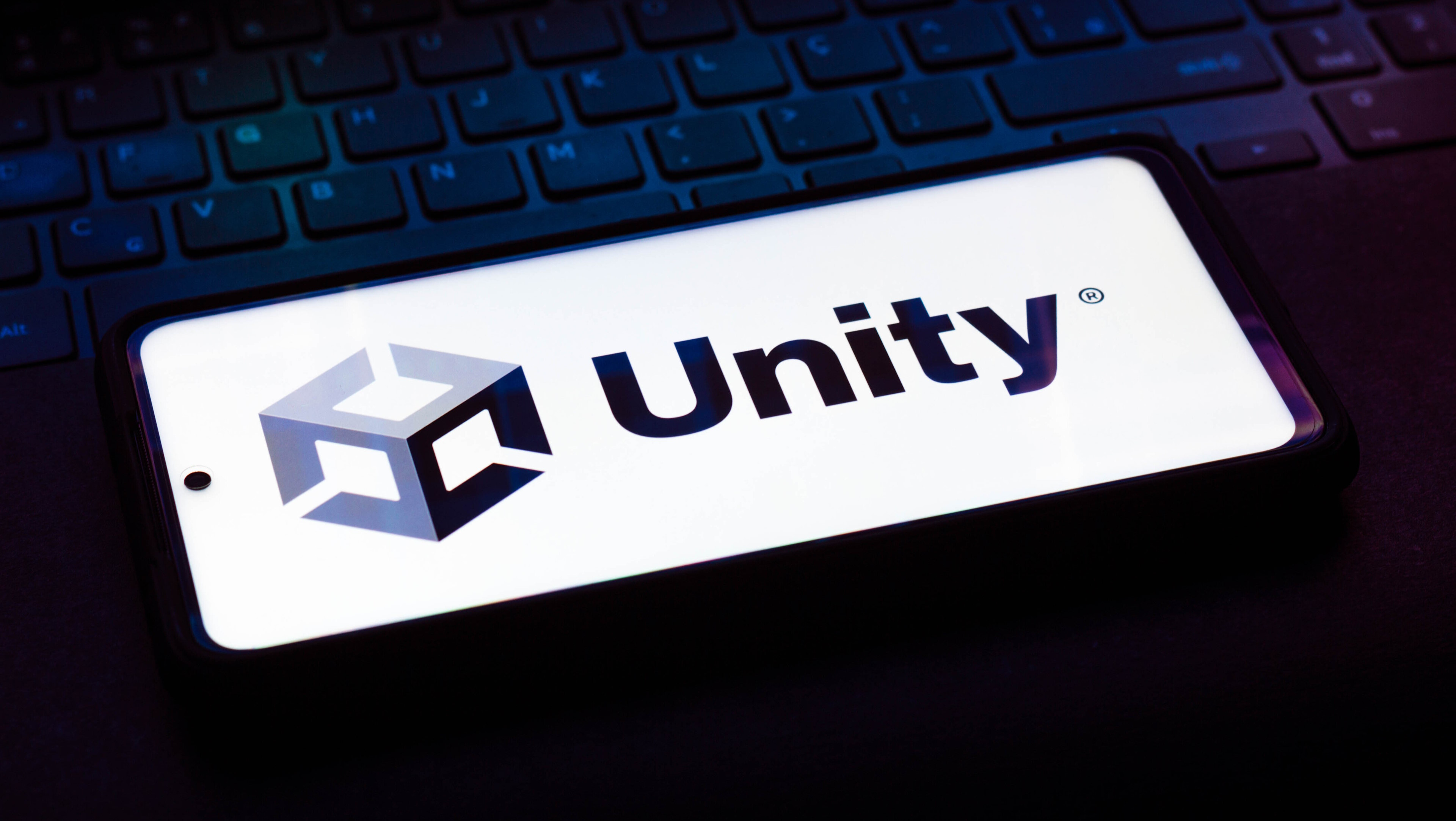'We were at war with our customers': Unity's new CEO talks about arriving to the 'insane' post-runtime fee dumpster fire
"I wanted to be sure they understood that we were going to do things differently."

Unity's been having a rough few years—mostly due to its own foolishness, mind. Its prior CEO, John Riccitiello, couldn't seem to stop walking from bad decision to bad decision like a door-to-door fridge salesman in the arctic.
In 2022, he called developers "f*cking idiots". Then, he apologised for calling them "f*cking idiots". Then, he sprang a surprise, completely untenable runtime fee that'd see developers being charged every time they booted up a game. Then he stepped down. Wise.
The once-popular game engine's been walking that runtime fee thing back under the stewardship of its new CEO, Matt Bromberg, and trying to mop up its image at the same time. That mopping up has included tons of layoffs, though, which isn't great. Still, Bromberg seems keen to wrench developer goodwill back from the jaws of spite, as per a recent interview with The Verge.
"We were at war with our customers, effectively, when I arrived," Bromberg explains. "Folks were boycotting us. They were really unhappy with how we were charging them and how we spoke. And you can’t have a business where we’re [fighting our] customers. That’s insane."
Later in the interview, Bromberg gives his two cents on what went wrong before his arrival: "I’m a big believer that the way we create value is by delivering product value, and then folks will pay us for the value that we create. The thing about the runtime fee was that it was a business model … We were thinking about dynamics and how you can get people to do this versus that. If we raise one price here, then they’ll be forced to do that. That has nothing to do with creating value. That’s a trick. It’s a business model trick. It’s a hack."
When it came time to fix it, the first thing, Bromberg says, was to "to take a breath and reorient ourselves around being good partners, around authentically trying to deliver, to listen to people, and authentically trying to deliver what they need as the primary touchstone of what drives our behavior." The phrase "authentically trying to deliver" means not fleecing developers for pocket change in exec speak, I assume.
Bromberg also argues that, while the layoffs were painful for plenty of employees, they at least restructured and shuffled leadership around, too: "What is soul destroying for people is when somebody comes into a company that’s having a little bit of difficulty and they start restructuring the company and they leave the management layer intact.
Keep up to date with the most important stories and the best deals, as picked by the PC Gamer team.
"They think, 'Well, hang on a second, who is responsible for all this stuff? How do we skip over the folks who were in charge?' … 'I’m taking it in the neck. How did that happen?' If you want different outcomes, if you want different approaches, some of it’s changing culture, but a lot of it is changing people."
As for the runtime fees, Bromberg "absolutely knew" he was "going to roll it back before I even took the job," though Bromberg argues that it was important to do it right. "What I did was get on an airplane and started flying around, meeting with customers … It took a little while, but it wasn’t a very long time. It was a few months and people were saying, 'How come it took you so long?'
"I wanted to be sure they understood that we were going to do things differently. We’re going to be disciplined, we’re going to communicate, we’re going to execute at a high level, and we’re going to listen."
Whether Unity can regain devs' lost faith remains to be seen, especially since there's a little "tension" with its raised post-fiasco prizes, though Bromberg simply reminds The Verge in so many words that—y'know, it's a business. It needs to make money somehow:
"I accept that if it was completely free, maybe you’d have more people using it, but again, keep in mind that you’re only paying us once your game is really successful. And as a percentage of what you’re making it’s not… it ought not to negatively impact you … In general, our customers and the community understand that in order to invest in the engine, it’s important for us to be able to charge folks."
Fair enough. Though when you had developers who weren't even using your engine donating to other, open-source engines just to spite you? That's a lot of understanding to generate, and it's not just gonna come out of nowhere.
Best laptop games: Low-spec life
Best Steam Deck games: Handheld must-haves
Best browser games: No install needed
Best indie games: Independent excellence
Best co-op games: Better together

Harvey's history with games started when he first begged his parents for a World of Warcraft subscription aged 12, though he's since been cursed with Final Fantasy 14-brain and a huge crush on G'raha Tia. He made his start as a freelancer, writing for websites like Techradar, The Escapist, Dicebreaker, The Gamer, Into the Spine—and of course, PC Gamer. He'll sink his teeth into anything that looks interesting, though he has a soft spot for RPGs, soulslikes, roguelikes, deckbuilders, MMOs, and weird indie titles. He also plays a shelf load of TTRPGs in his offline time. Don't ask him what his favourite system is, he has too many.
You must confirm your public display name before commenting
Please logout and then login again, you will then be prompted to enter your display name.


